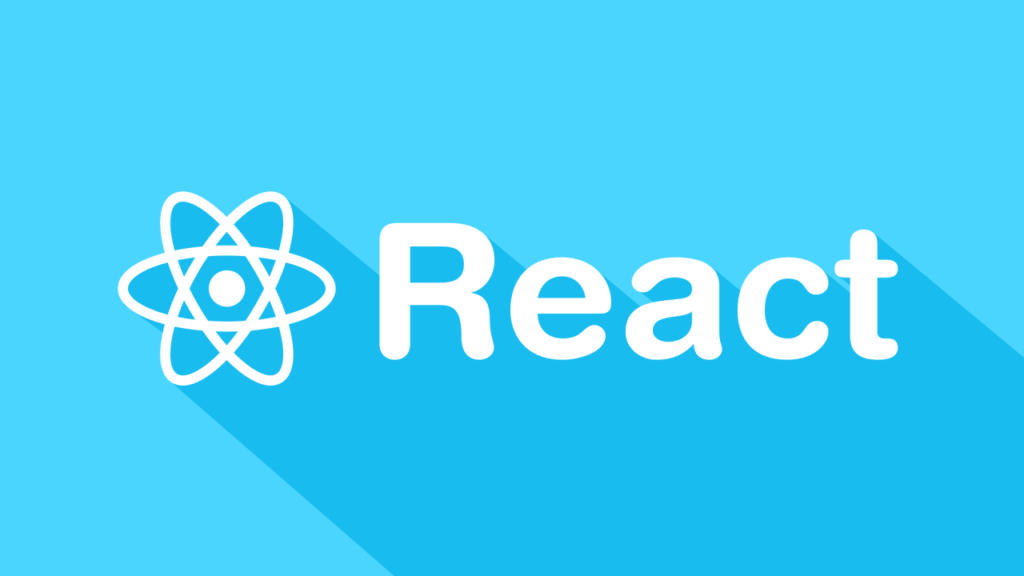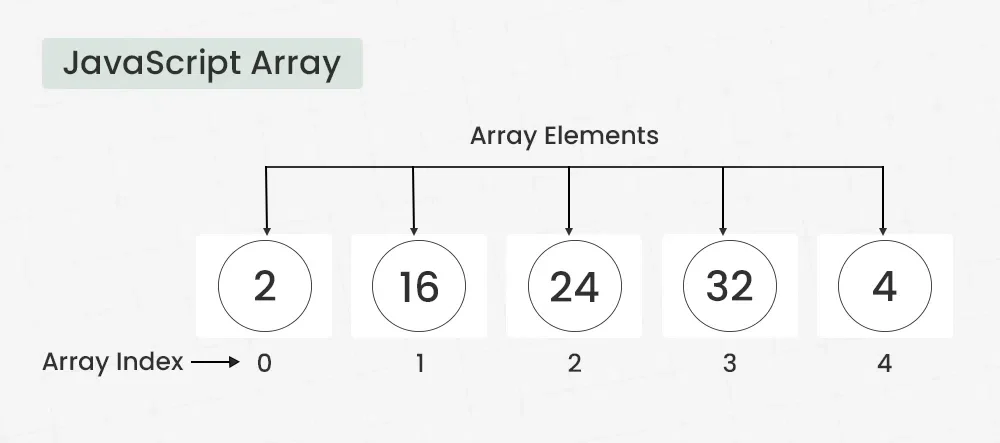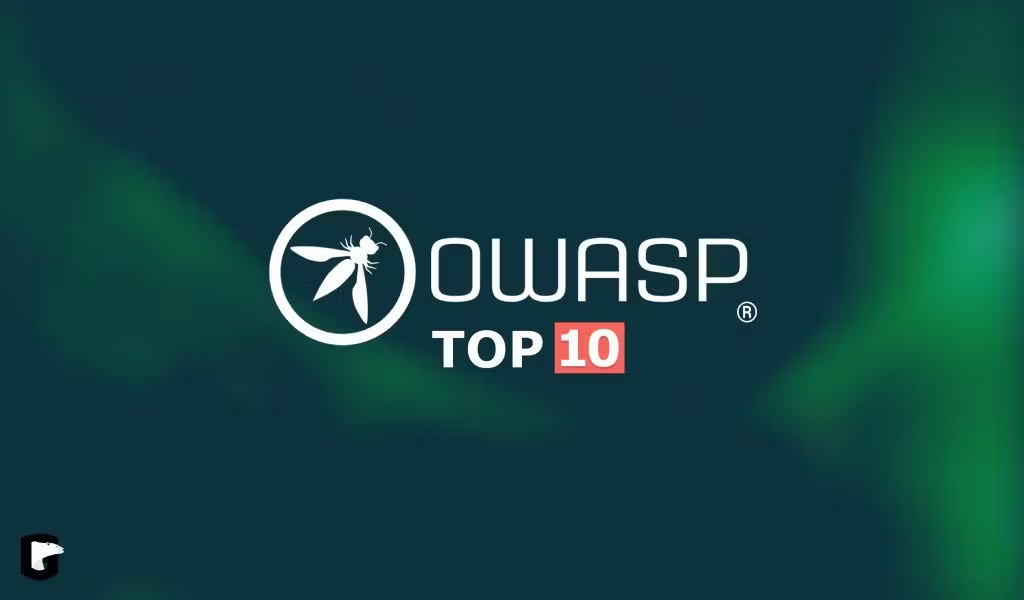Here is the Roadmap to web developer in 2025.
1. Learn the Basics of Web Development
- HTML: The foundation of web pages. Learn how to structure content.
- CSS: Style your web pages. Learn how to create layouts, design and styling the content.
- JavaScript: Make your website interactive. Learn the basics of DOM manipulation and event handling.
2. Master Front-End Development
- Advanced JavaScript: Dive deeper into ES6 features, asynchronous JavaScript (Promises, async/await).
- Frameworks/Libraries: Learn frameworks like React, Vue, or Angular for building modern user interfaces.
- Responsive Design: Learn how to make websites mobile-friendly using CSS Grid and Flexbox (Bootstrap).
- Version Control (Git): Learn how to use Git for tracking changes and collaborating on projects.
3. Back-End Development
- Choose a Back-End Language: Learn a server-side language like Node.js (JavaScript), Python (Django/Flask), Ruby (Rails), or PHP.
- Databases: Understand databases like SQL (MySQL, PostgreSQL) or NoSQL (MongoDB). Learn how to interact with them using queries.
- APIs: Learn how to create and consume RESTful APIs and GraphQL for data exchange.
4. Full-Stack Development (Optional)
- Combine Front-End & Back-End: Work with both the client-side and server-side to build complete web applications.
- MERN Stack: Learn the MERN stack (MongoDB, Express, React, Node.js) for full-stack development.
5. Learn DevOps & Deployment
- Version Control (GitHub/GitLab): Learn to use GitHub or GitLab for managing repositories.
- Hosting: Learn how to deploy your website or application on platforms like Netlify, Heroku, or Vercel. (For production website use Hostinger)
- CI/CD: Understand Continuous Integration/Continuous Deployment for automating testing and deployment.
6. Stay Updated
- Follow Trends: Stay updated with new technologies like WebAssembly, Jamstack, Serverless, Progressive Web Apps (PWA), etc.
- Contribute to Open Source: Contribute to open-source projects on GitHub to gain experience and grow your network.
7. Build a Portfolio
- Personal Projects: Build real-world projects that showcase your skills (portfolio website, e-commerce site, blog platform).
- GitHub Profile: Keep your GitHub profile active by pushing code regularly and documenting your projects.
8. Apply for Jobs/Internships
- Freelancing: Start freelancing on platforms like Upwork, Fiverr, or Freelancer to gain experience.
- Job Search: Apply for entry-level web developer roles, internships, or remote opportunities.
- Networking: Join communities (Twitter, LinkedIn, Reddit, StackOverflow) and attend meetups or webinars.





